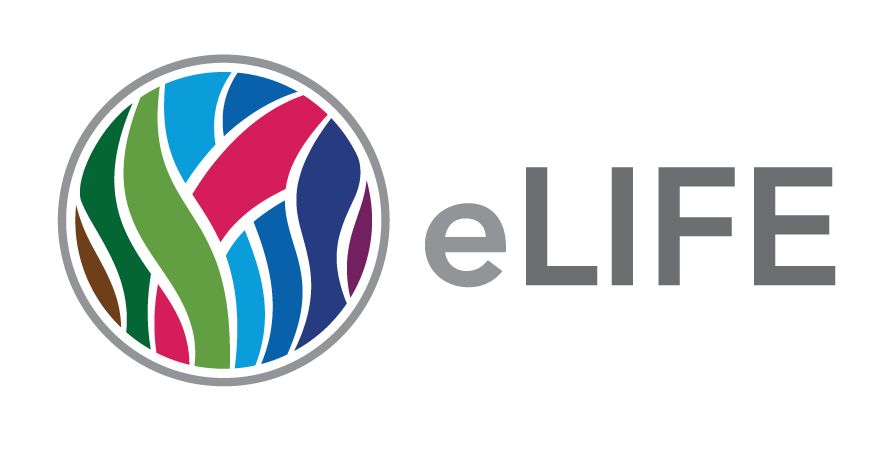PLoS
See the following -
Academic Spring: How an Angry Maths Blog Sparked a Scientific Revolution
Alok Jha reports on how a Cambridge mathematician's protest has led to demands for open access to scientific knowledge. Read More »
- Login to post comments
Browse Your Library’s e-Journals On Your Device With BrowZine
Review of BrowZine for iPhone, iPad, and Android...
- Login to post comments
Global Coalition Pushes for Unrestricted Sharing of Scholarly Citation Data
 This week a coalition of scholarly publishers, researchers, and nonprofit organizations launched the Initiative for Open Citations (I4OC), a project to promote the unrestricted open access to scholarly citation data. From the website: "Citations are the links that knit together our scientific and cultural knowledge. They are primary data that provide both provenance and an explanation for how we know facts. They allow us to attribute and credit scientific contributions, and they enable the evaluation of research and its impacts. In sum, citations are the most important vehicle for the discovery, dissemination, and evaluation of all scholarly knowledge"...
This week a coalition of scholarly publishers, researchers, and nonprofit organizations launched the Initiative for Open Citations (I4OC), a project to promote the unrestricted open access to scholarly citation data. From the website: "Citations are the links that knit together our scientific and cultural knowledge. They are primary data that provide both provenance and an explanation for how we know facts. They allow us to attribute and credit scientific contributions, and they enable the evaluation of research and its impacts. In sum, citations are the most important vehicle for the discovery, dissemination, and evaluation of all scholarly knowledge"...
- Login to post comments
Initiative for Open Citations Making Great Progress
 It is enormously satisfying when a good idea captures the imagination and takes off and that’s precisely what happened with the Initiative for Open Citations (I4OC) over the past 6 months. Citations are the way that researchers communicate how their work builds on and relates to the work of others and they can be used to trace how a discovery spreads and is used by researchers in different disciplines and countries. Creating a truly comprehensive map of scholarship, however, relies on having a curated machine-readable database of citation information, where the provenance of every citation is clear and reusable. With the launch of I4OC that map, and the potential for anyone to use it to explore the scholarly landscape, comes much closer...
It is enormously satisfying when a good idea captures the imagination and takes off and that’s precisely what happened with the Initiative for Open Citations (I4OC) over the past 6 months. Citations are the way that researchers communicate how their work builds on and relates to the work of others and they can be used to trace how a discovery spreads and is used by researchers in different disciplines and countries. Creating a truly comprehensive map of scholarship, however, relies on having a curated machine-readable database of citation information, where the provenance of every citation is clear and reusable. With the launch of I4OC that map, and the potential for anyone to use it to explore the scholarly landscape, comes much closer...
- Login to post comments
Open Access 2015: A Year Access Negotiators Edged Closer to the Tipping Point
 It’s the year many negotiators got seriously tough on double dipping – charging for both the ability to read (via subscriptions) and for publishing (author processing charges, or APCs). Last year it was France getting tough on the toughest negotiator: Elsevier. This year, the Netherlands took it right to the brink of cutting Elsevier loose. It was summed up by a January headline: “Dutch universities dig in for long fight over open access.” Coming into the new year, other nations were taking up positions about the future they want to see too...Here’s a month-by-month roundup of some of the major action...
It’s the year many negotiators got seriously tough on double dipping – charging for both the ability to read (via subscriptions) and for publishing (author processing charges, or APCs). Last year it was France getting tough on the toughest negotiator: Elsevier. This year, the Netherlands took it right to the brink of cutting Elsevier loose. It was summed up by a January headline: “Dutch universities dig in for long fight over open access.” Coming into the new year, other nations were taking up positions about the future they want to see too...Here’s a month-by-month roundup of some of the major action...
- Login to post comments
Persistent Myths About Open Access Scientific Publishing
A spate of recent articles in the Guardian have drawn attention to lots of reasons why open access to research publications is reasonable, beneficial and even inevitable. But two recent letters columns in the Guardian...have perpetuated some long-running misconceptions about open access that need to be addressed. Read More »
- Login to post comments
Publishers' Copyright Move 'Could Limit Use Of Research'
Scientific publishers producing model copyright licences will make it harder for academic research to be a “first class citizen of the web”...
- Login to post comments
ReFigure – Connecting Scientific Insights Across the Web
 Today, we are introducing ReFigure, a new science curation and publication tool supported by the eLife Innovation Initiative. ReFigure is a chrome extension and website that allows researchers to connect new and previously reported findings across publisher websites and repositories. It is currently in beta and being developed in the open on GitHub... ReFigure was born from an idea that research outputs should be incremental, immediately connected to published findings and not confined to the websites of individual journals...
Today, we are introducing ReFigure, a new science curation and publication tool supported by the eLife Innovation Initiative. ReFigure is a chrome extension and website that allows researchers to connect new and previously reported findings across publisher websites and repositories. It is currently in beta and being developed in the open on GitHub... ReFigure was born from an idea that research outputs should be incremental, immediately connected to published findings and not confined to the websites of individual journals...
- Login to post comments
Should All Academic Research Be Free And What Wikipedia Can Teach Us About Publishing
Last month the European Union offered a bold and striking call for all scientific literature to be made available to the world free of charge. Many questions remain regarding how such a vision can be made into reality, especially where the funding for such a mandate will come from. Such calls, happening amidst a sea change in the open access debate, offer a powerful moment of reflection into why the vast majority of scholarly research is still walled off from the public that largely pays for it...
- Login to post comments
Top Scientific Publisher Chooses Not To Advance Open Access
Access to research is limited worldwide by the high cost of subscription journals, which force readers to pay for their content. The use of scientific research in new studies, educational material and news is often restricted by these publishers, who require authors to sign over their rights and then control what is done with the published work...
- Login to post comments